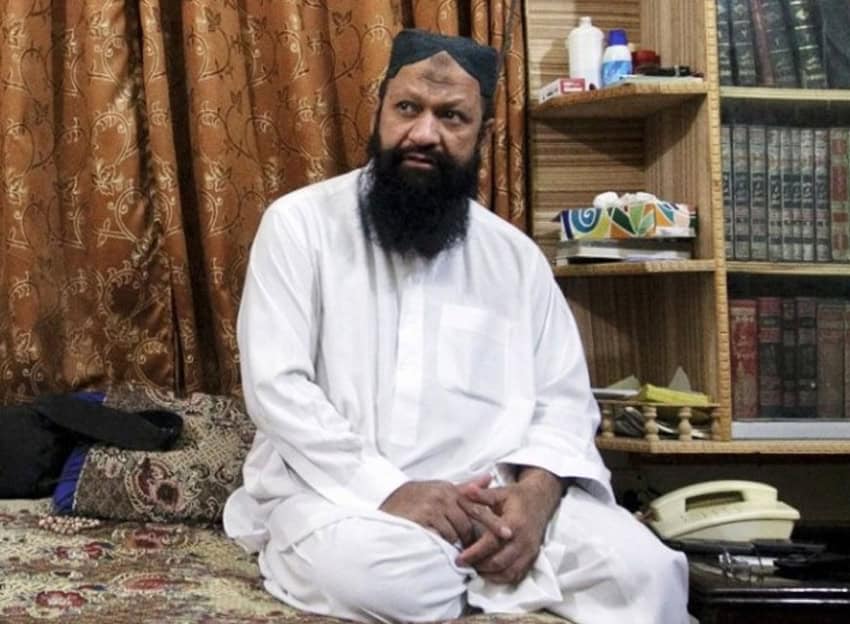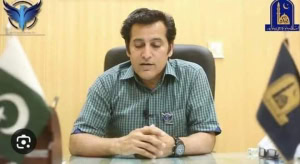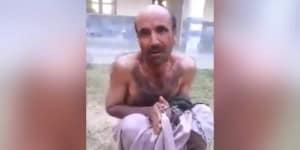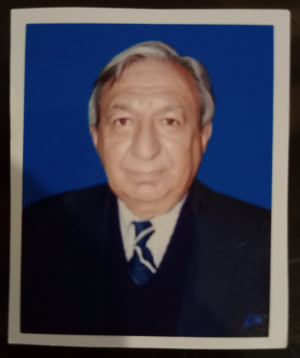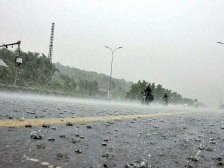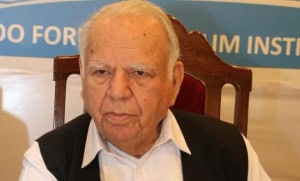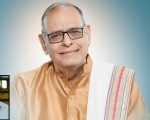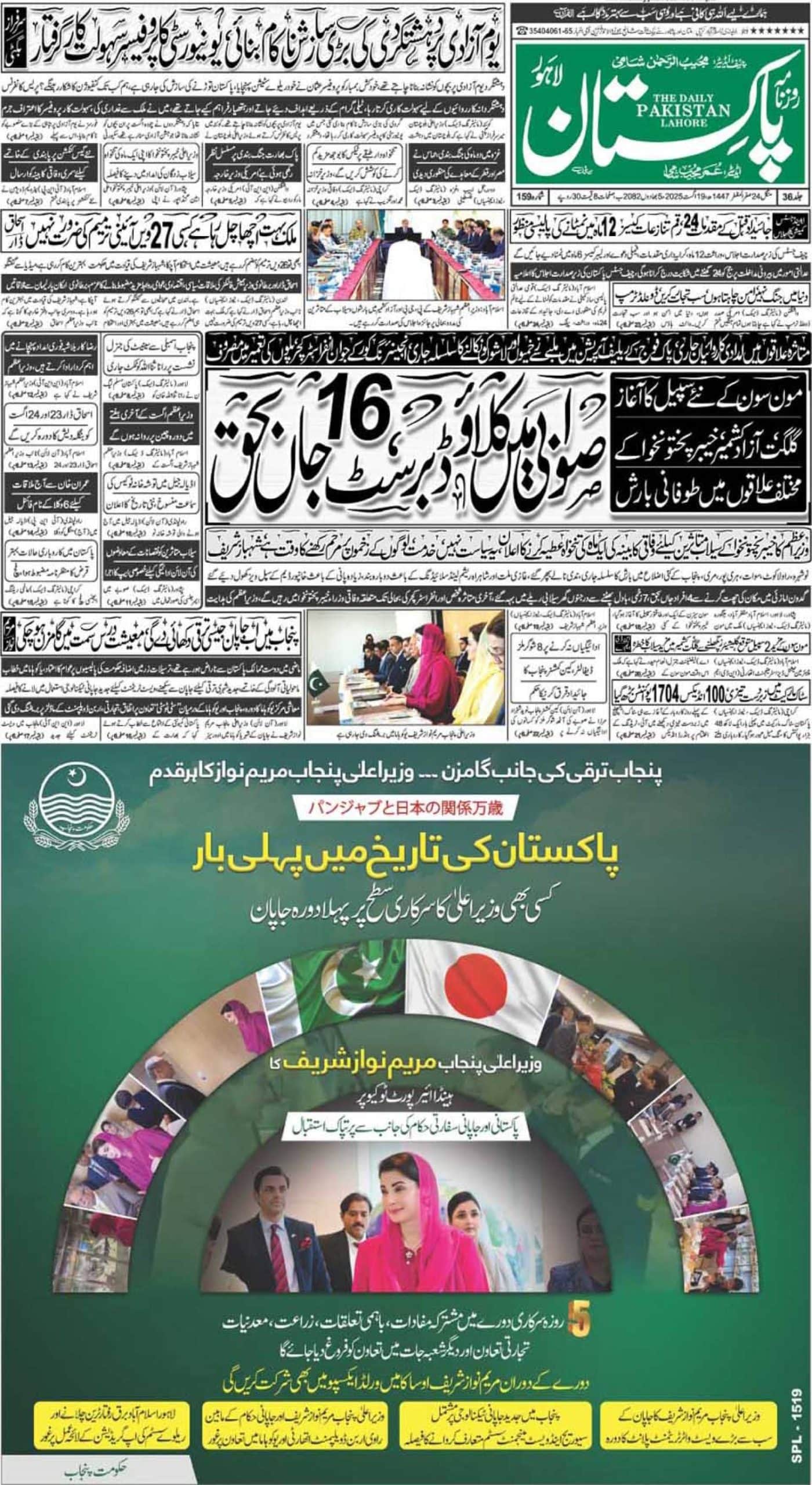LAHORE (Nudrrat Khawaja) – The news of Lashkar-e-Jhangvi (LeJ) chief Malik Ishaq’s killing spread like wildfire on the internet. Thousands thronged to social media in jubilation to congratulate each other on his killing. While some considered this as a major breakthrough in fight against sectarian violence, others hoped the killing will pave way for religious harmony and tolerance in the country.
However, there were those who mourned the death of Malik Ishaq and called his killing an attempt to sabotage the Sunni movement. Trending the hashtag #IStandWithASWJ the extremist elements once again showed their violent tendencies and expressed their support for extremist ideology that triggers sectarian violence.
ملک اسحٰق کی شہادت،ایک سنگین المیہ حکومت ایسےظالمانہ اقدامات سےاپنے بہی خواہوں کو اپنی حمایت سےدست کش ہونے پرمجبور کر رہی ہے #IStandWiTHASWJ
— !حمایتِ حق میرا مِشن (@M_Asadullah1) July 29, 2015
یہاں بھی ایران کی جڑیں مضبوط کی جا رہی ہیں ڈر ہے کے یہاں بھی کفار کو ہم پے مسلط نہ کر دیا جائے.. #IStandWithASWJ https://t.co/IsqnH82Exf
— جنجوعہ پاکستانی (@UsmanJanjua01) July 29, 2015
آااااه وه شهید جس کی کبھی تھجد بھی قضا نا هوئی طویل اسارت کے بعد شهید کردیا گیا #IStandWiTHASWJ
— Saeed Ahmed (@SunniNews494) July 29, 2015
@mahmood8141 @BaghiSoch What a shameful act it as, really sorry for Punjab govt. #IStandWiTHASWJ
— قبائیلی پٹواری (@shaheenurrehman) July 29, 2015
Though practical decisions are not taken on social media, but the medium does reflect popular view of people. If tech savvy literates protest Ishaq’s killing and threaten openly on social media, then the evil is deeper than what meets the eye.
Eliminating terrorists does not guarantee end to extremism and violence in the country. Sectarianism is deep rooted in the Pakistan society, as caste system in India and racism in the United States.
According to South Asia Intelligence Review, over 5,000 people have been killed in almost 3,000 incidents of sectarian violence since 1989. Among the victims, most belonged to Shia sect of Islam.
This requires a two-pronged strategy – going after the terrorists and simultaneously making provisions to discourage hate speech, ensure protection and equal rights for minorities, and encourage religious harmony.
This calls for collective efforts from the government, law enforcing authorities, judiciary and media to ensure a safe environment for minorities and an end to sectarian violence in the country.
